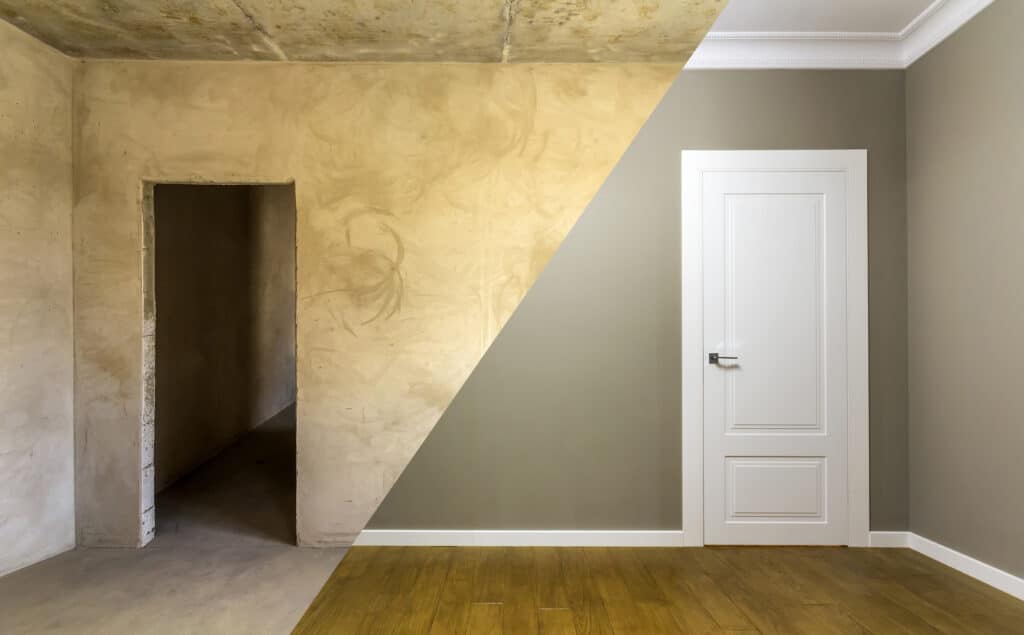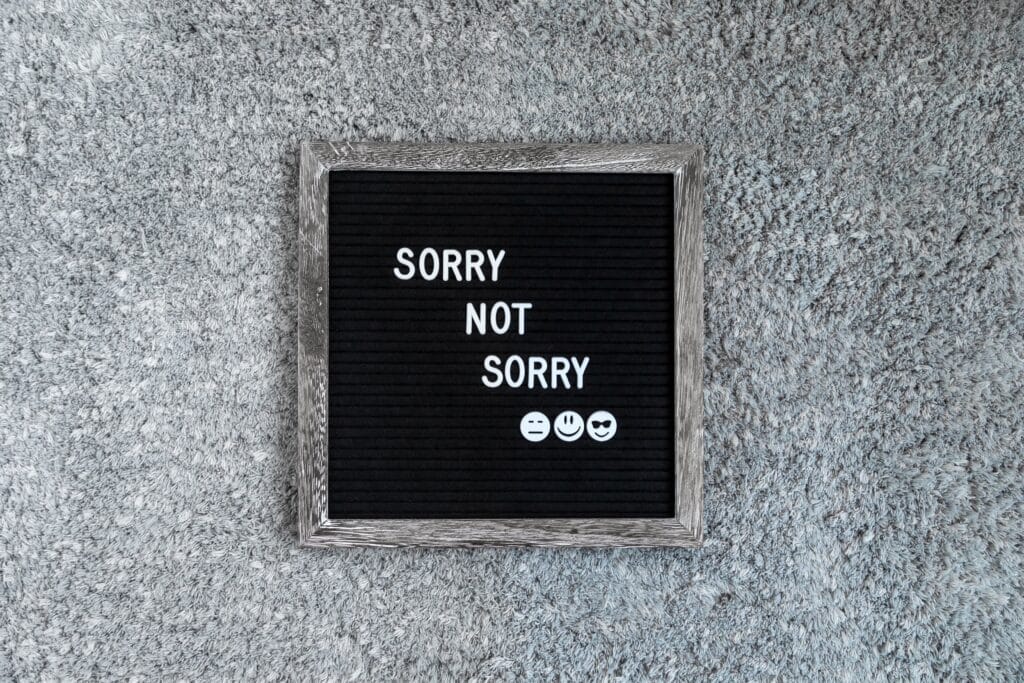It is no secret that I’m not too fond of hourly billing. This relative hatred leaves me constantly considering the impact the hourly billing has on work quality, value, and profitability.
Do these statements ring true?
- The better you get at a task, the less money you should make.
- Work harder, not smarter.
- The reward for expertise and experience comes if it takes you a long time to finish the job.
If you are like me, those statements feel intrinsically flawed. We all know that being the best at something often means the most efficient – should that efficiency be rewarded with lower compensation than a novice? By no means!
When you need something done well, you hire an expert, and you expect to pay more for that expertise. Time, quality, and value eternally loom large in pricing. The ability to do quality work in a short amount of time should cost more to the buyer, not less.
Call some local animal hospitals and ask how much an emergency visit is on Sunday. If you don’t know or can’t guess, it will cost you 2-3x as much as a pre-scheduled regular appointment. The services are similar, but the immediacy of the need and the disruption to the vet’s life you will pay extra for.
The point is, there are so many more factors in pricing than the time the work takes.
Sign Up to Get Our Latest Posts Tuesdays and Thursdays
No Spam, Period. Just the latest posts.
Undervalued Excellence
The true master craftsman in any field should command a premium price.
Scarcity is one of the most significant drivers of higher prices – economics 101. That is how a piece of paper with a picture and some statistics printed on it can sell for 2.8 million dollars, as a 1952 Mickey Mantle card did in 2018.
If you want your work done well at a reasonable speed, hiring an expert will cost you more than a beginner because those are rare qualities in any field.
Hourly billing undervalues excellence in these ways:
- It claims the time it takes to do something is more important than the value it produces. If you haven’t defined what a completed task is worth, you will have no idea if you are over-paying.
- It tells workers to work harder and not smarter. If more money comes from taking more time, it only makes sense to subconsciously (or consciously) drag the work out. In that scenario, no one wins.
- It encourages building from scratch when existing tools would create a better product. If you hire a woodworker to create a desk for you and want to pay them by the hour, why would they use a precision drill when it takes twice the time to do it by hand? The problem is the quality of the work also suffers.
In the end, hourly billing is terrible at measuring excellence. You may dislike how the work you contracted came out, but if the cost is determined by how much time it took, that is the only valid measure of the price.
If you still bill your clients by the hour or hire based on it, consider moving to project/product pricing. Once you reset how you view this type of work, everyone is better off.


